Search
Search Results
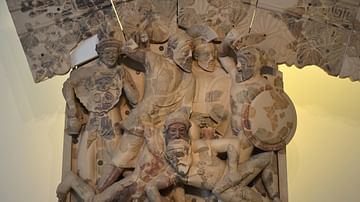
Definition
Seven Against Thebes
Seven Against Thebes is the third part of a trilogy written by one of the greatest of the Greek tragedians, Aeschylus in 467 BCE, winning first prize in competition at Dionysia. Unfortunately, only fragments of the first two plays, Laius...
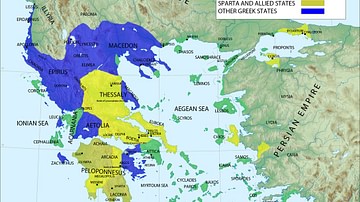
Definition
Thebes (Greece)
Thebes is a town in central Greece which has been continuously inhabited for five millennia. It was an important Mycenaean centre in the middle to late Bronze Age and was a powerful city-state in the Classical period, participating in both...

Image
Seven Against Thebes
High terracotta Etruscan relief depicting scenes from the myth of the Seven Against Thebes. It decorated the back of the temple of the sanctuary at Pyrgi, 470-460 BCE, National Etruscan Museum of Villa Giulia, Rome.
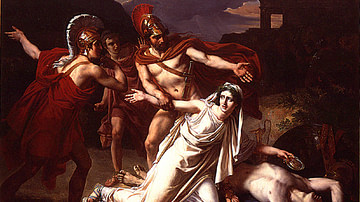
Definition
Antigone
Antigone was the third play in the Oedipus trilogy written by the great Greek playwright Sophocles (c. 496 - c. 406 BCE). Produced around 441 BCE and receiving first prize at the Dionysia festival, the tragedy was actually written long before...
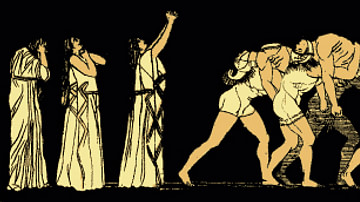
Definition
Suppliants by Euripides
The Suppliants (also given as Suppliant Women) is a Greek tragedy written by Euripides, not to be confused with Aeschylus' tragedy of the same title. Its exact date of production is not known, possibly around 424 to 420 BCE, and may have...
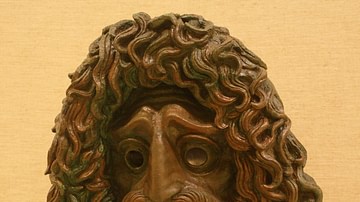
Definition
Ancient Greek Tragedy
Greek tragedy was a popular and influential form of drama performed in theatres across ancient Greece from the late 6th century BCE. The most famous playwrights of the genre were Aeschylus, Sophocles, and Euripides and many of their works...
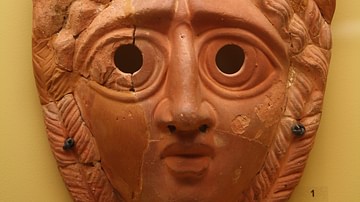
Definition
Ancient Greek Theatre
Greek theatre began in the 6th century BCE in Athens with the performance of tragedy plays at religious festivals. These, in turn, inspired the genre of Greek comedy plays. The two types of Greek drama would be hugely popular and performances...
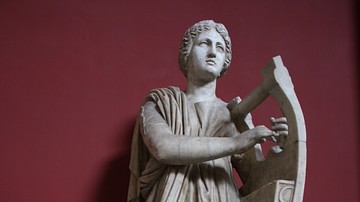
Definition
Ancient Greek Literature
Greek literature has influenced not only its Roman neighbors to the west but also countless generations across the European continent. Greek writers are responsible for the introduction of such genres as poetry, tragedy, comedy, and western...
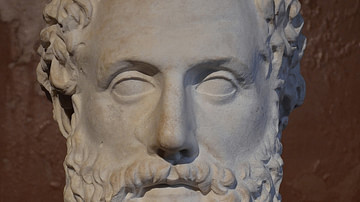
Definition
Aeschylus
Aeschylus (c. 525 - c. 456 BCE) was one of the great writers of Greek Tragedy in 5th century BCE Classical Athens. Known as 'the father of tragedy', the playwright wrote up to 90 plays, winning with half of them at the great Athenian festivals...
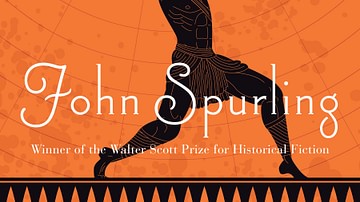
Interview
Interview: Arcadian Days by John Spurling
Join World History Encyclopedia as they sit down with John Spurling to talk about his new book of Greek mythology retellings Arcadian Days, published by Pegasus Books. Kelly: Thank you so much for joining me to talk about your book Arcadian...